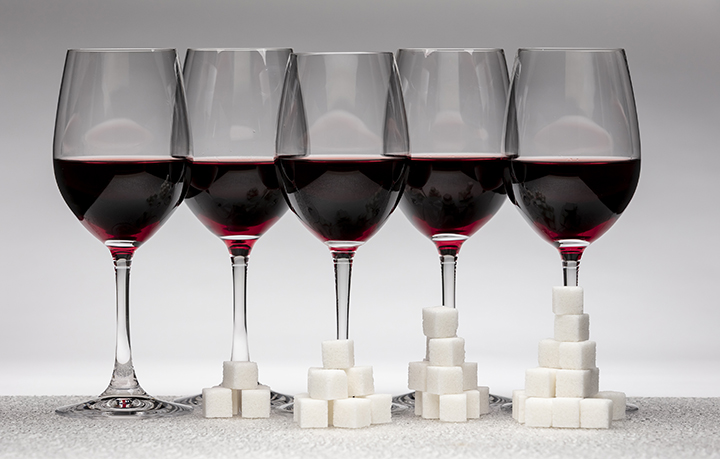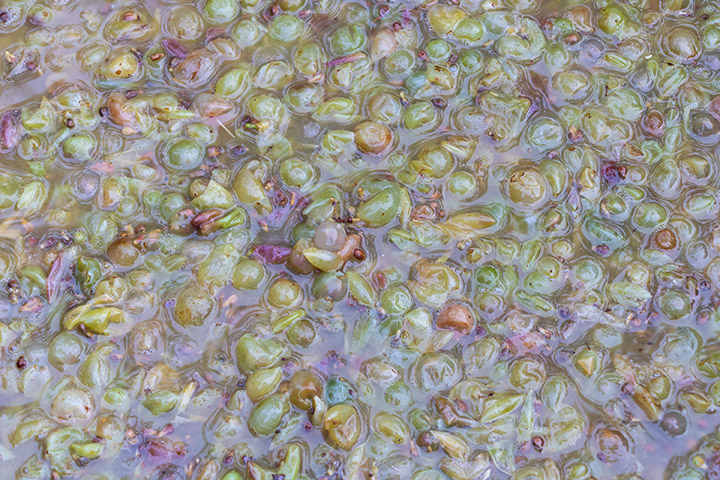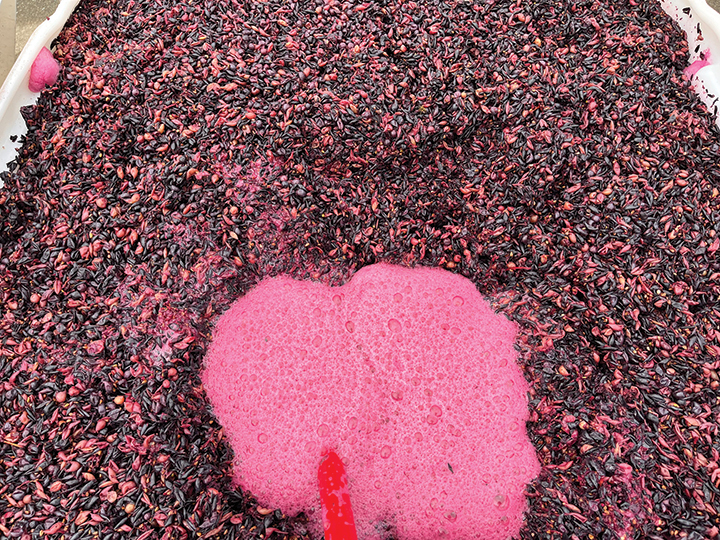Purchasing Grapes
As harvest kicks into full swing it is important for winemakers to know the right questions to ask and things to look for when purchasing grapes for this year’s fermentations. Get that insight from two pros who make a living out of selling grapes.
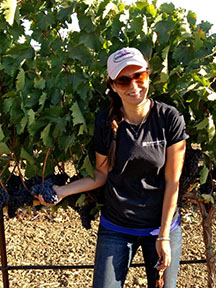
Christina Musto, Musto Wine Grape Company
As a home winemaker there are a lot of opportunities to purchase fresh, high-quality wine grapes. However, not all grapes are created equal. In order to safeguard you and your wine, there are a few questions you can ask your wine grape source to make sure you are getting the highest quality:
1. Which AVA are the grapes from?Asking about the AVA and/or the sub-AVA of the grape automatically gives you some insight into the quality of the fruit. Different wine growing regions grow certain varieties better than others. This is based on weather patterns, soil components, and more. Knowing the AVA of where the grapes are coming from jump-starts your ability to pick out the best wine grape for you and your winemaking.
2. What is the clone type of the grape?Knowing which clone you are working with will help with your yeast selection, fermentation protocols, aging potential, and more.
3. Can you visit the vineyard?It is important to most winemakers to truly know where their grapes are grown and who is taking care of the vineyard. We invite all of the winemakers we work with to visit our vineyards and meet our farmers. You should be able to walk the vineyard, touch the soil, and meet the families who help cultivate the fruit.
If you can’t visit the vineyard here are a few more questions to ask to get an idea about the vineyard quality: How old is the vineyard? What are the farming practices? What is the soil content? Can you meet the grower?
4. How are the grapes picked and packed?There are two ways to pick wine grapes. One is by hand, and the other is by machine. A “machine pick” is when a mechanical harvester goes over the row of grapevines and shakes the vine until the berries fall off. The berries are then transported up a belt and dropped into a gondola or large bin. Machine picks are great if your grapes aren’t traveling far. If your grapes are traveling out of state, I suggest purchasing grapes that were handpicked. You can pick out a handpicked grape very easily as the grape clusters look like they were purposely placed into their box. They don’t have any berry breakage and look gorgeous and ready for crush. If there is berry breakage in grapes that have traveled far, you run the risk of having volatile acidity (VA) issues and other bacterial infections.
5. Are the grapes transported via refrigerated truck and stored cool?Depending on how far your grapes are traveling, you may need to ask your supplier about refrigeration. Once your grapes come off of the vine they are ready to be crushed and made into wine. If they start to heat up and crush themselves you run the risk of VA and other issues. If your grapes are traveling far, it is so important that they travel via refrigerated transport and in a strong, stable box that allows for airflow. If you can’t pick up the grapes right when they arrive to the seller then it is a good idea to ask about refrigeration. All grapes should be kept around 35 °F (2 °C) as to not break the cold chain and to keep them fresh. Mold and other issues begin to develop if your grapes sit in a warm place too long. If the location doesn’t have refrigeration, find out when your grapes are arriving and make sure to be there within 24 hours.
Michael Colavita, F. Colavita & Son
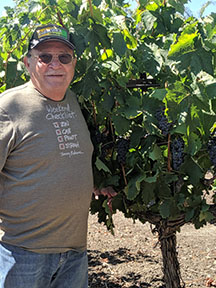
The most important element of getting or receiving quality grapes for home winemaking is talking to the person who will be selling you the grapes as early as possible. The seller could be either a local distributor or a shipper who does not have a distributor in your area. In a lot of instances, home winemakers want a direct shipment to save the profit the distributor may make. That should never be the reason for direct shipment. Freight charges for less than load (LTL) shipments will easily eat up that profit. Another complication with direct shipment to the location of the home winemaker is the possible necessity of a loading dock, forklift, pallet jack, lots of help, and an accessible area for a 53-foot (16-m) reefer truck.
Despite the above logistical concerns, there has been a tremendous increase in direct shipments with the wide geographical, ethnic, and age diversity of home winemakers throughout the country. Logistical concerns can be reduced by using a shipper that has the ability to combine many destinations on a single shipment. We find this very effective because we ship to a lot of wineries all over the country. Winery customers often help us by receiving the retail grapes right at a winery that is in the vicinity of the home winemaker. The home winemaker is then able to pick up at the winery. Sometimes, a local winery isn’t available. In those situations, a direct stop off shipment can be arranged but should be a minimum of one ton or 55 lugs (a typical pallet). Keep in mind, the more tonnage ordered, the more cost effective the direct shipment becomes. Savings can be accomplished by group purchases among home winemakers within an area.
Make sure your seller has a good reputation, the proper facilities to handle the grapes, and is involved in the harvest. This also goes for the distributor. The grapes must be refrigerated at all times until a day before crushing.



